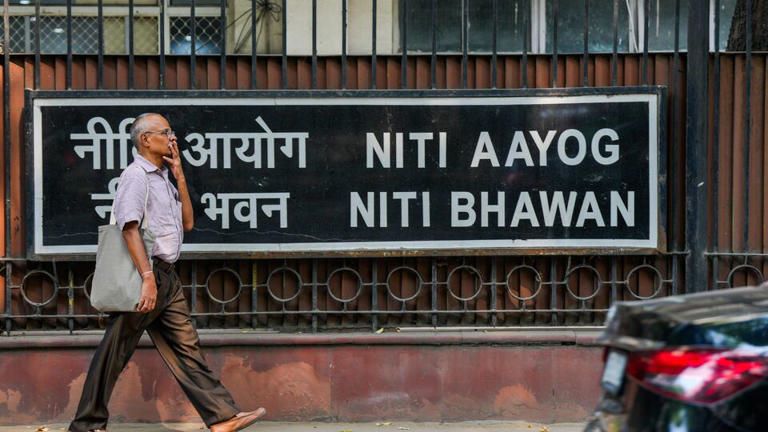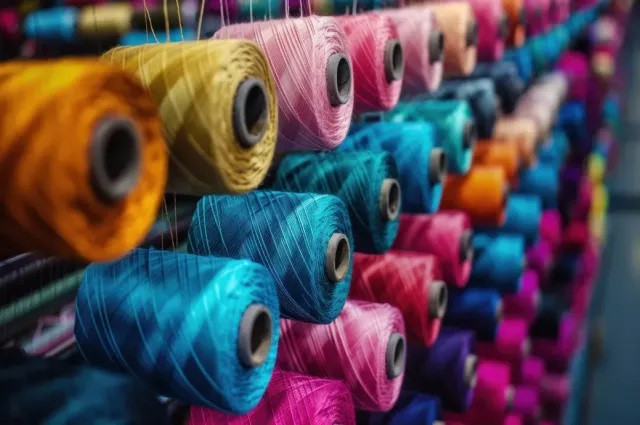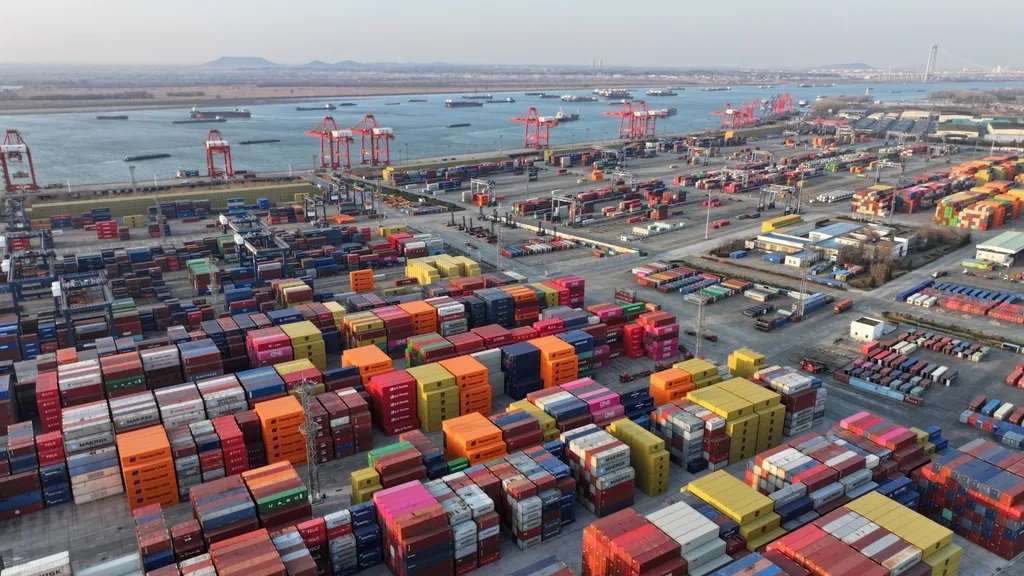In a groundbreaking shift, India's textile industry has embraced Environmental, Social, and Governance (ESG) practices, responding to global concerns about sustainability and responsible business. Over the past decade, heightened awareness of climate change and social issues has propelled India's textile sector, known for its rich heritage, to the forefront of sustainable sourcing.
Indian textile players and the government have implemented measures such as sustainable farming, reduced chemical use, and investments in renewable energy, contributing significantly to ESG goals. Eco-friendly dyes and innovative technologies are minimizing the industry's ecological footprint, meeting both buyer demands and environmental responsibilities.
The industry's commitment to social sustainability is evident in improved labor conditions, skill development, and ethical practices. International buyers sourcing from India are now prioritizing fair wages and safe working conditions, aligning with the nation's emphasis on inclusive growth and community welfare.
Transparency and governance have been enhanced through traceability tools and certifications, with the government introducing initiatives like the Global Organic Textile Standard. This commitment to ethical practices ensures good governance in international partnerships.
The Government of India has introduced various schemes like SAC, TUFS, SAMARTH, NCEF, and others to promote ESG in the textile industry. Despite commendable progress, challenges like water scarcity and the widespread adoption of ethical practices persist, presenting opportunities for innovation and investment.
The ongoing collaboration between international textile buyers and India's textile sector showcases the industry's potential to thrive while remaining environmentally conscious and socially responsible. Bharat Tex 2024 emerges as a transformative platform, bridging the gap between ESG commitments and industry initiatives. With dedicated pavilions and knowledge sessions on sustainability, recycling, and high-level deliberations, the event signifies collaborative progress, ensuring a future where commerce harmonizes with environmental consciousness and social responsibility.












